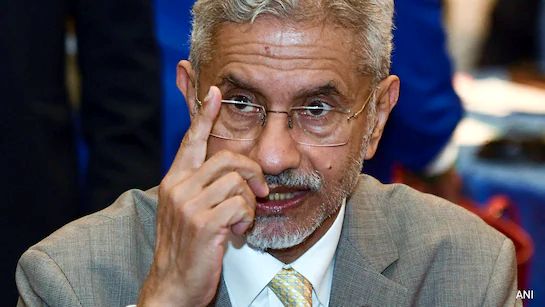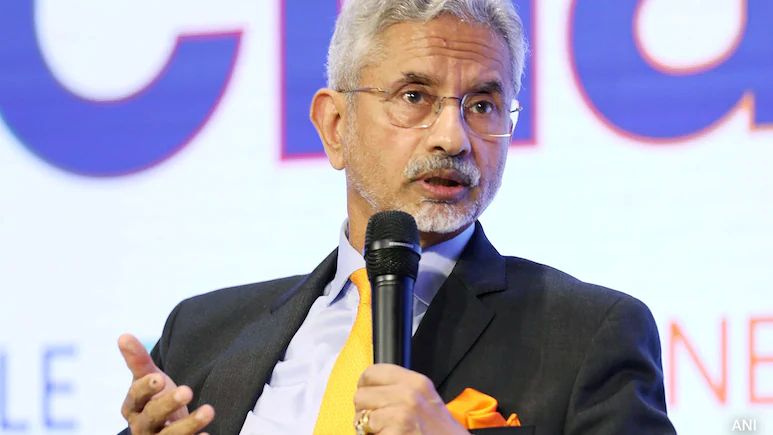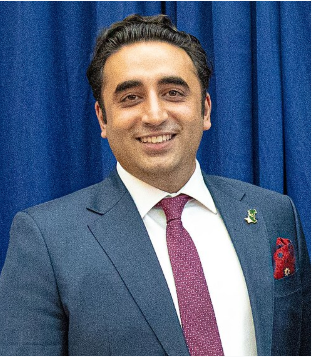
In a bold and clear message, S Jaishankar, India’s External Affairs Minister, addressed the growing concerns surrounding India Pakistan relations, emphasizing strategic clarity, national interest, and regional stability. His statement comes amid renewed debates on the Indus Treaty, rising border tensions, and the successful launch of Operation Sindoor.
S Jaishankar Highlights India’s Strong Stance Against Pakistan
In a recent statement, S Jaishankar, India’s External Affairs Minister, shed light on India’s strategic decisions regarding Pakistan ceasefire, Operation Sindoor, and the Indus Treaty. His remarks underscored India’s firm stance in dealing with Pakistan, emphasizing how decisive actions have shaped bilateral relations.
Jaishankar’s comments came during a discussion on India’s foreign policy, where he recalled how Pakistan faced severe consequences after violating ceasefire agreements. The mention of Operation Sindoor—a military operation—highlighted India’s readiness to retaliate when provoked.

S Jaishankar Calls for Review of Indus Treaty Amid Rising Tensions
Speaking at a diplomatic forum in New Delhi, S Jaishankar questioned the relevance of the Indus Waters Treaty, which was signed in 1960 between India and Pakistan under the mediation of the World Bank. The treaty, which governs the sharing of water from six rivers of the Indus basin, has been a rare example of cooperation between the two neighbors.
However, S Jaishankar noted that “times have changed,” and India cannot be expected to “honor outdated agreements while Pakistan sponsors terrorism and violates ceasefire norms.” The Minister hinted at a comprehensive review of the treaty’s provisions, citing national security and India’s development needs.
His remarks follow increasing calls from strategic experts and nationalist groups to suspend the treaty, especially after repeated instances of ceasefire violations by Pakistan.
Source: Business today
Pak Ceasefire Violations Put Peace at Risk, Says S Jaishankar
On the issue of Pak ceasefire violations, S Jaishankar took a firm stance. “Despite our commitment to peace, Pakistan continues to breach the ceasefire agreement of 2021,” he said, referring to recent skirmishes along the Line of Control (LoC) in Jammu and Kashmir.
The External Affairs Minister said these incidents have not gone unnoticed and warned that India would not hesitate to respond “with full capability and resolve.” He emphasized that India prefers peace, but peace cannot come at the cost of national security.
Several reports have emerged of Pakistan-backed militants attempting to infiltrate Indian borders under the cover of heavy shelling. These incidents have not only endangered soldiers but also displaced civilians in nearby villages. S Jaishankar’s statement reflects the government’s commitment to ensuring safety at the borders while maintaining international diplomatic pressure.

India-Pakistan Ceasefire and Its Challenges
The India-Pakistan ceasefire has been fragile, with frequent violations from the Pakistani side. S Jaishankar reiterated that India has always prioritized peace but will not hesitate to respond to aggression.
- Ceasefire Violations: Pakistan has repeatedly breached agreements, leading to military confrontations.
- India’s Response: Operations like Sindoor showcased India’s capability to strike back effectively.
- Diplomatic Measures: Alongside military action, India has leveraged diplomatic channels to isolate Pakistan globally.
Jaishankar emphasized that India’s approach is not just reactive but strategic, ensuring long-term security.
Operation Sindoor: A Turning Point in India-Pakistan Relations
Operation Sindoor remains a significant chapter in India’s military history. While details remain classified, S Jaishankar hinted at its impact, stating that Pakistan suffered heavy losses.
Key Takeaways from Operation Sindoor:
- Precision Strike: Targeted retaliation to Pakistan’s ceasefire violations.
- Strategic Message: Demonstrated India’s zero-tolerance policy towards cross-border terrorism.
- Global Perception: Reinforced India’s image as a strong military power.
Jaishankar’s remarks suggest that such operations have forced Pakistan to rethink its strategies, leading to temporary de-escalation.
India’s Diplomatic Strategy Under S Jaishankar
Under S Jaishankar’s leadership, India’s foreign policy has taken a more assertive turn. His approach blends diplomacy with deterrence, ensuring that Pakistan faces consequences for its actions.
Key Elements of Jaishankar’s Strategy:
- Military Readiness: Swift retaliation to ceasefire breaches.
- Economic Isolation: Pushing for global scrutiny of Pakistan’s role in terrorism.
- Strategic Alliances: Strengthening ties with the US, EU, and neighboring countries to counter Pakistan’s influence.
His remarks reaffirm that India will no longer tolerate Pakistan’s proxy wars and will respond with full force when necessary.
New Era in India-Pakistan Relations
S Jaishankar’s statements reflect a shift in India’s policy—moving from defensive posturing to proactive deterrence. Whether through military operations like Sindoor, diplomatic pressure via the Indus Treaty, or global isolation, India is ensuring that Pakistan pays a price for its aggression.
As tensions continue, Jaishankar’s firm stance reassures Indians that their security remains the top priority. The message is clear: India will not back down, and Pakistan must choose between peace or facing severe repercussions.







